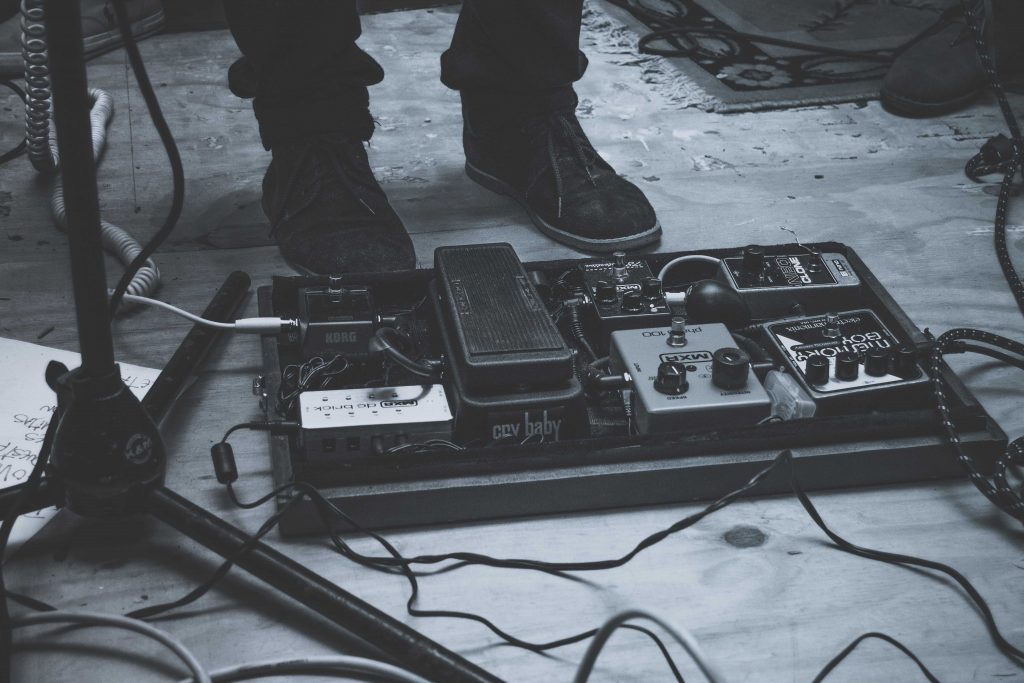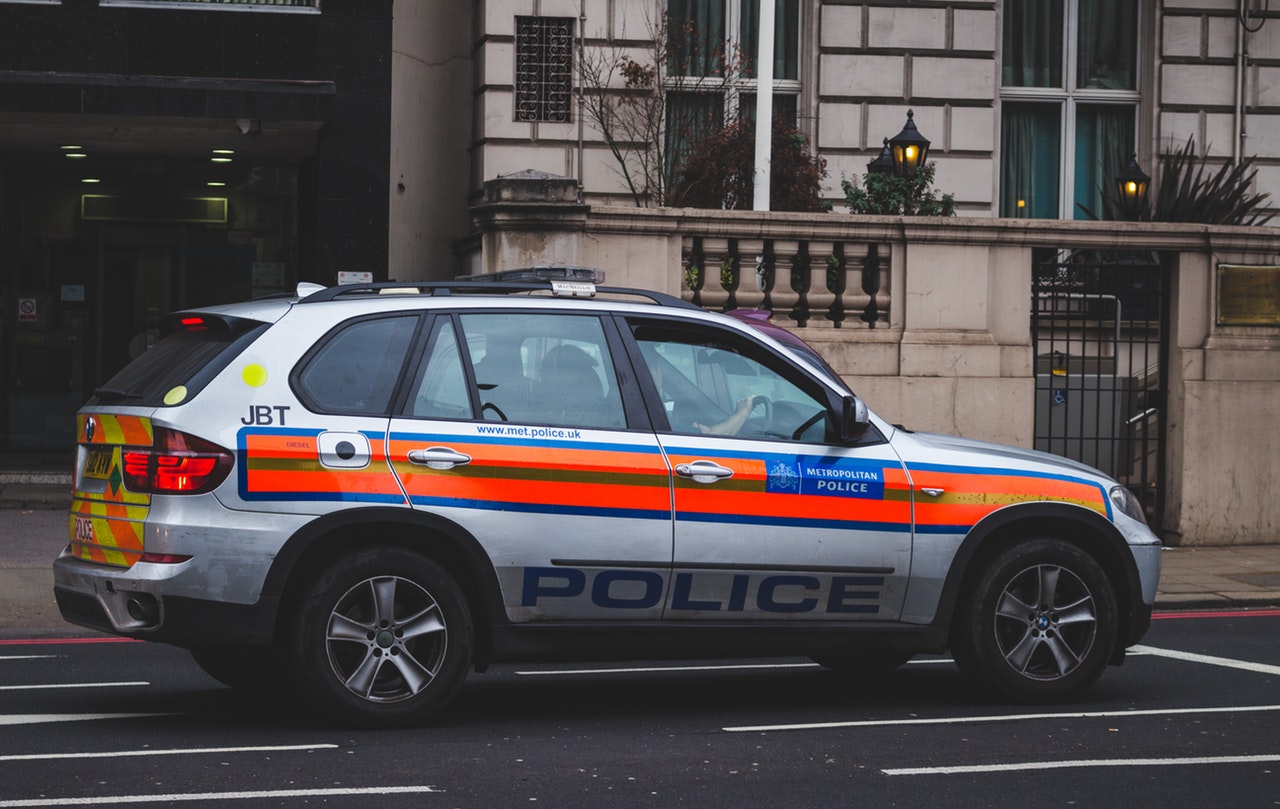The Metropolitan Police have successfully banned a drill music group (a sub-genre of hip-hop) from sharing songs without permission. Is there a human right to create music and other types of art?
The drill music group 1011 has been prevented from making music and uploading their videos without police permission.
The Metropolitan Police had applied for a Criminal Behaviour Order (CBO) against members of 1011, five of whom had pleaded guilty to conspiracy to commit violent disorder, after they were found with machetes, baseball bats and a knife in November last year. They had planned to attack a rival band, 12 World, who were also involved in the drill scene.
Drill is a sub-genre of hip-hop, with a focus on violent and gritty lyrics about inner-city life. Arising in the South Side of Chicago in the early 2010s, it crossed the Atlantic and developed its own UK-style. Lyrics often concern gang disputes, drugs and violence.
The police applied to prevent the group, whose music has been shared over 11 million times on Youtube, from making any further music videos. Kingston Crown Court agreed with the police and issued a Criminal Behavior Order which banned the group from making music, recording or performing without written police permission for the next three years.
What Is The Case About?

Image: Cristian Guanipa/ Unsplash.com
The police must be made aware of any new music videos within 24 hours of their creation to check for offending comment, and be granted access to the social media accounts of the band members to check the content of unpublished material. They must also be given 48 hours’ notice of any planned live performance.
Members of 1011 are also prohibited from writing lyrics deemed by police to “encourage violence”, and are banned from referring to rival gangs and certain postcodes in their music. Failure to comply with a CBO is itself a criminal offence and any members of 1011 who do so risk being fined and jailed.
The police had argued that 1011’s music encouraged and instigated violence, by threatening and provoking rival gangs with shootings and stabbings. The police contend that drill artists generally use lyrics and videos to target rival groups, and make direct threats against them, and therefore there is a direct relationship between drill music and youth violence. The Met had previously complained to Youtube about 30 drill videos it hosted which had violent content, with the channel taking down around half of them.
Drill artists often accept that their lyrics are frequently violent, but argue that they are just reflecting what happens on the streets and estates of London and other inner city areas. They live in a violent area, and their music and lyrics reflect that, as do other similarly violent films and games which are not banned.
What is a Criminal Behaviour Order?

Image: Wijnanloven/ Twenty20.com
Criminal Behaviour Orders were created by the Crime and Policing Act 2014 and are available following conviction of any criminal offence. Like the ASBO (anti-social behaviour order) which it replaced, it is designed to prevent anti-social behaviour.
A CBO can order a person to do something (such as attend drug rehabilitation treatment) but more usually it orders them not to do something. In recent weeks a persistent shop-lifter was banned from entering every Asda in Cumbria and a poacher was banned from being on private land without permission and possessing a catapult.
In most cases, the CBO bans people from carrying out antisocial acts related to their previous convictions. However, legally, the activity prohibited does not have to relate to the crime of which a person was convicted.
The dispute between the police and drill artists is that the police believe that drill is a direct cause of antisocial behaviour and crime, and drill artists argue that the genre’s lyrics simply reflect the realities of inner city living.
Freedom of Expression

Image: RhondaK/ Unsplash.com
Freedom of expression is a right enshrined in the Human Rights Act, which incorporates the Human Rights Convention into UK law. Freedom of expression is covered by Article 10 of the Human Rights Convention. However, it is a ‘qualified’ right rather than an ‘absolute’ one meaning that it can be limited in certain circumstances, if it clashes with other rights. A restriction can sometimes be placed on someone’s free expression if it is necessary to prevent disorder or crime. That was the argument successfully made by the Metropolitan Police in court.
While the decision in this case may be controversial in some quarters, it’s long-term impact remains to be seen.






